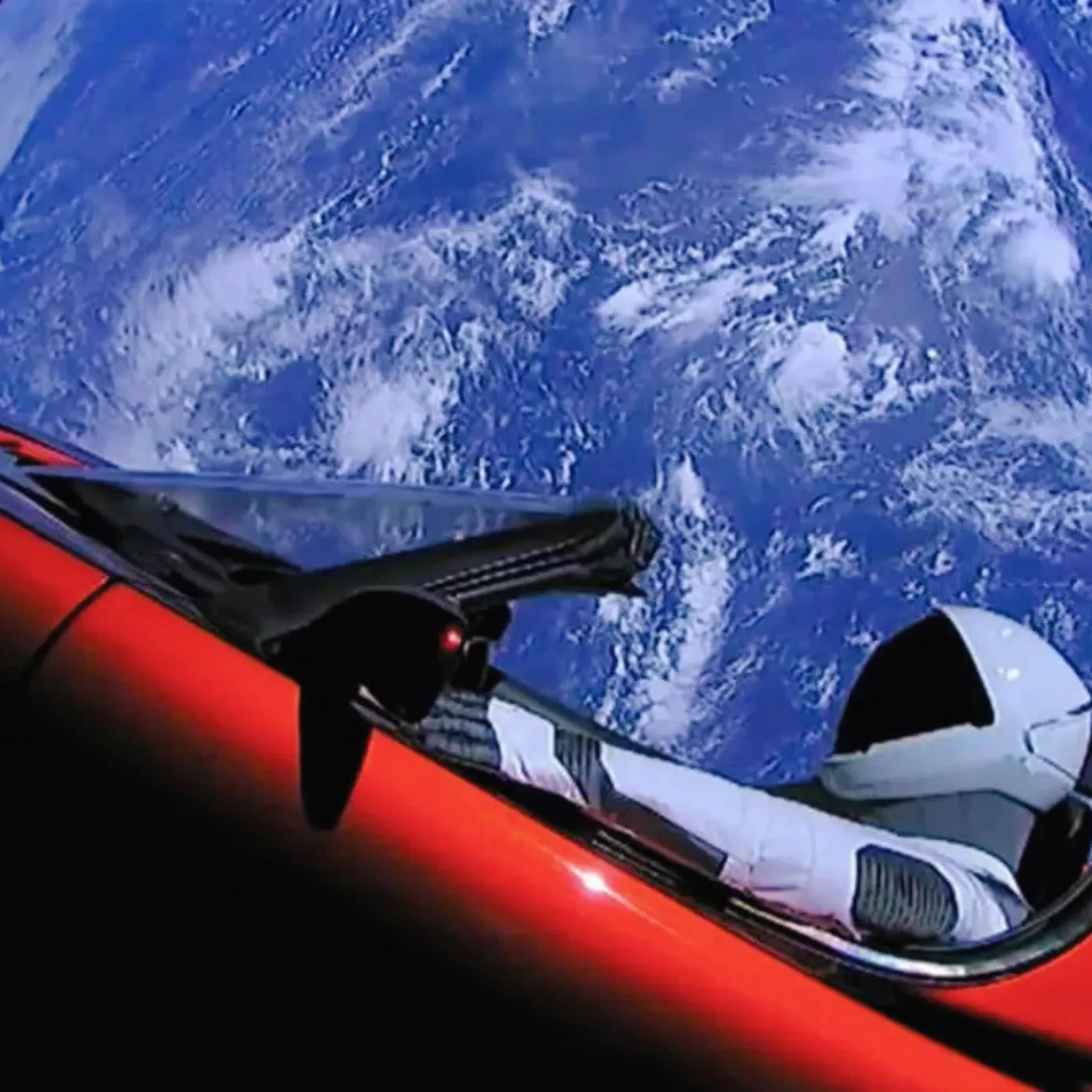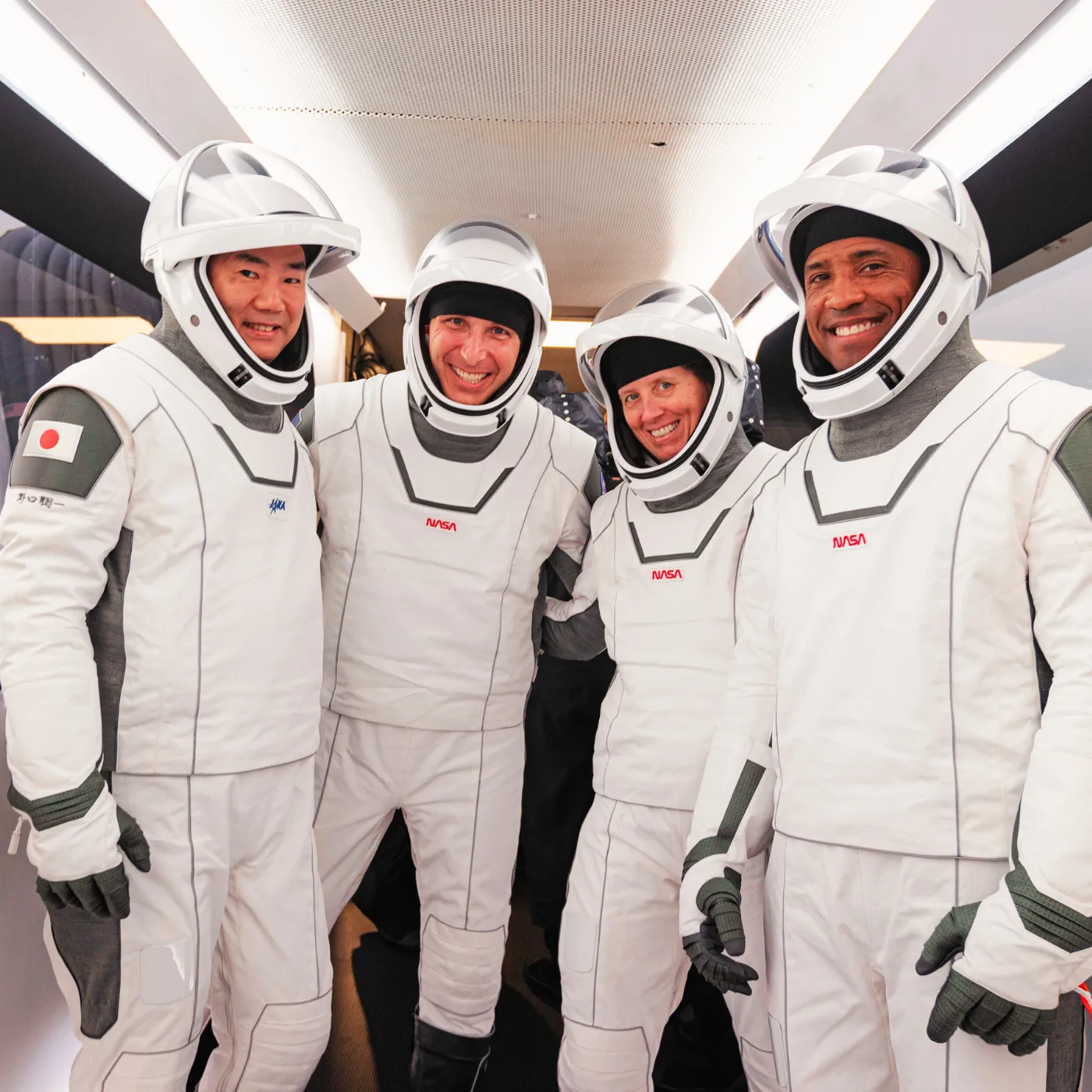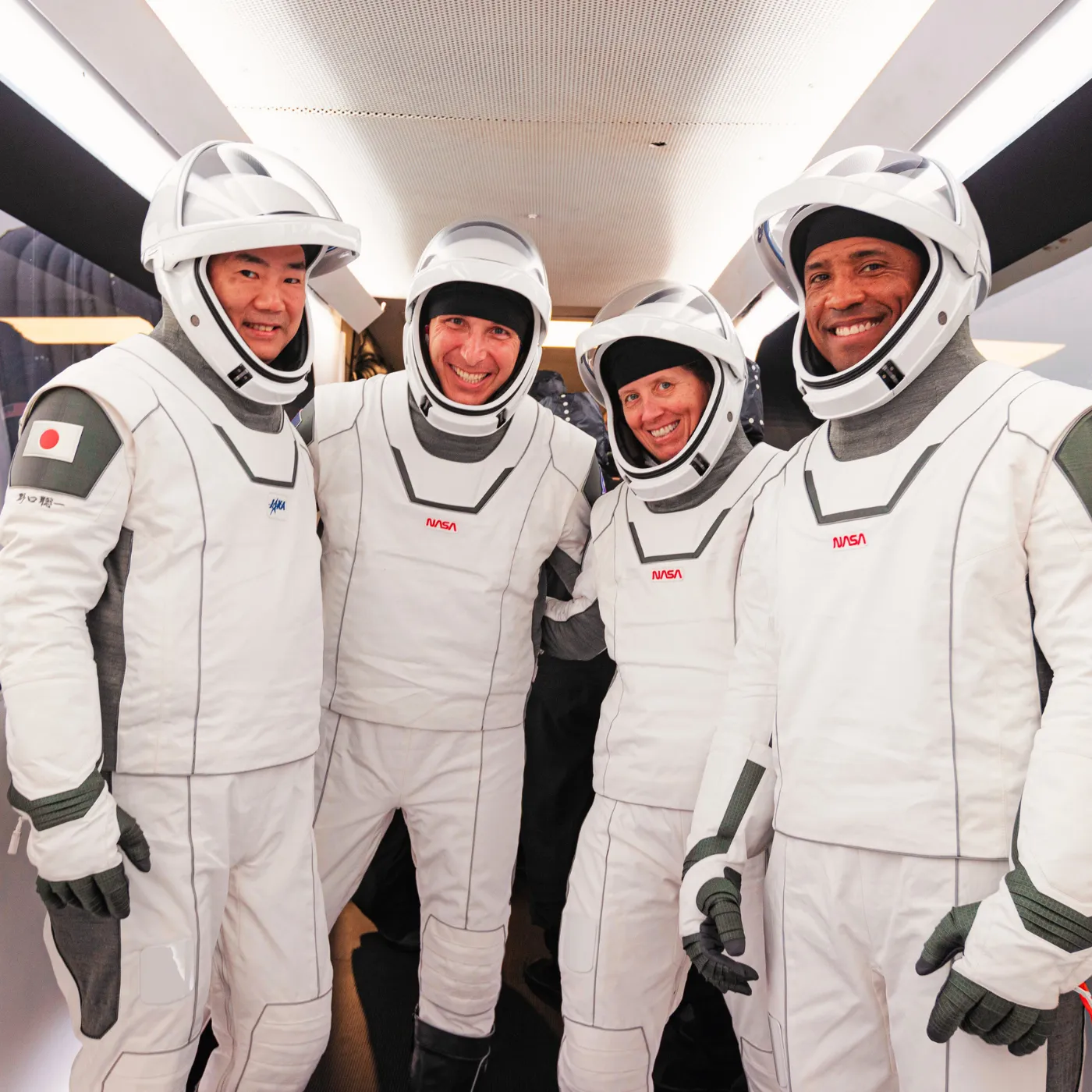

AI starts thinking computers will break human thinking
From taking over jobs to reshaping creativity, AI is rewriting the future. But is it humanity’s biggest innovation or its gravest threat?
The Unstoppable Rise of Artificial Intelligence
In recent years, artificial intelligence (AI) has transitioned from science fiction to an integral part of our daily lives. From voice assistants like Siri and Alexa to sophisticated algorithms driving autonomous vehicles, AI’s capabilities are expanding at an unprecedented rate. This evolution raises a pivotal question: Could AI eventually replace humans in the workforce and beyond?
Automation Revolution: Changing the Workplace Forever
The workplace has already seen significant transformation due to automation. Industries ranging from manufacturing to finance are adopting AI-driven systems to enhance productivity and reduce costs. For instance, robots now perform assembly-line tasks with precision and efficiency unmatched by human workers. Similarly, AI algorithms can analyze financial data in seconds, eliminating the need for hours of manual effort.
However, while AI technologies boost efficiency, they also threaten traditional jobs. The World Economic Forum predicts that automation could displace 85 million jobs globally by 2025, forcing millions to adapt or risk obsolescence.

Creativity Under Siege: Can AI Replicate Human Ingenuity?
One of the most debated aspects of AI’s rise is its ability to mimic human creativity. Advanced AI models like OpenAI’s GPT can now compose music, write stories, and even produce artwork that rivals human-made creations. This begs the question: Is the human mind’s creative edge being eroded?
Some argue that AI merely enhances human creativity by acting as a tool. For example, architects use AI to generate complex designs, and writers employ AI to brainstorm ideas. But the fact that AI-generated works are indistinguishable from human outputs raises ethical dilemmas and concerns about originality.
Ethical Concerns: Who Controls AI’s Power?
The development of artificial intelligence comes with significant ethical challenges. As AI becomes more autonomous, questions about accountability arise. Who is to blame if a self-driving car causes an accident? Should AI systems have rights, and how do we prevent biases embedded in algorithms from perpetuating social inequalities?
Big tech companies wield immense power over AI’s development, but this centralization has drawn criticism. Critics argue that AI’s control should not rest solely in the hands of a few corporations. Instead, they advocate for global AI governance to ensure ethical practices and prevent misuse.

Beyond Jobs: How AI Impacts Human Relationships
AI isn’t just reshaping industries; it’s also influencing how humans interact. From AI chatbots offering emotional support to robotic caregivers assisting the elderly, technology is playing a larger role in our personal lives. While these advancements provide convenience and comfort, they also spark fears of social isolation. Could reliance on AI diminish human connections?
Experts warn that over-reliance on AI might create a society where authentic human relationships are undervalued, potentially leading to psychological and emotional consequences.
Preparing for an AI-Dominated Future
As AI continues its relentless advancement, humanity must adapt. Governments, businesses, and individuals must prioritize reskilling programs to prepare workers for jobs of the future. Educational institutions need to focus on teaching skills that AI cannot easily replicate, such as critical thinking, emotional intelligence, and interpersonal communication.
Simultaneously, policymakers must implement regulations that promote ethical AI development while mitigating risks. Striking the right balance between embracing AI’s potential and protecting human livelihoods will be crucial.


















